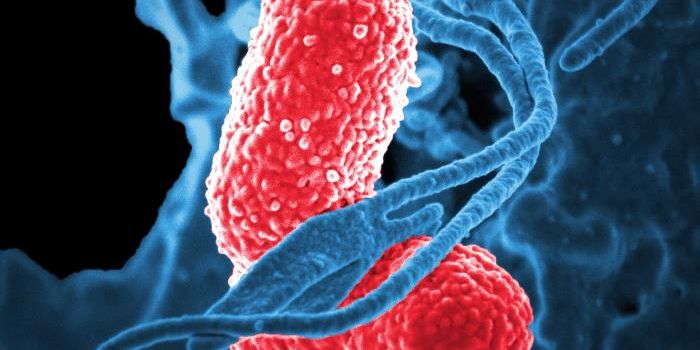The First Iodine-Propulsion System Successfully Tested in Space
Scientists have successfully tested the first rocket in space propelled by an unconventional element: iodine.
To fire a rocket ship into space, you need thrust. Thrust is generated by a propulsion system, and the combustion of a material generates propulsion. The principle of propulsion is based on Newton’s third law of motion, and combustion of a fuel system propels a rocket forward and up into space. It’s literally rocket science, and if you want a more in-depth overview of the subject, you can watch the video below by Lesics:
The iodine rocket was successfully manufactured and tested by a company called ThrustMe. ThrustMe is an engineering company based in France, and they offer alternative propulsion solutions for the growing space industry, due to the increase in satellite constellations. This week, the company published an article in Nature detailing their success of the first in-orbit demonstration of an iodine-propelled rocket.
There is a need for more sustainable propulsion systems. Satellites use ion thrusters to propel them through space because of their high fuel efficiency since satellites can’t carry a lot of fuel. The most common propellant used in ion-thrusters is xenon, but it’s expensive and not easy to come by since there’s a lot of market competition for the element. Xenon also needs to be stored at high pressure. Iodine, on the other hand, can be stored unpressurized as a solid.
The iodine propulsion system was launched within the NPT30-12 test craft about two years ago and has been gathering data ever since. One of the reasons why iodine has been dismissed as an alternative for xenon is due to its corrosive nature. The manufacturers of the NPT30-12 circumvented this issue by storing iodine in technical ceramics (aluminum oxide and zirconium oxide) as a solid. They coated potentially reactive metal surfaces with a polymer film as well.
Iodine has been studied by other research institutions before, but this is the first time that an iodine-propulsion system has been successfully tested in space. The results are impressive: iodine has a nearly 50% performance enhancement when compared to xenon. The researchers at ThrustMe believe that these results will inspire other manufacturers to adopt alternative propulsion systems, both for satellites and other space missions.
-
MAY 07, 2024Is It Anti-RNP or Anti-Sm/RNP?
- See More
-
APR 30, 2024Immuno-Oncology Virtual Event Series 2024
-
MAY 07, 20243rd International Biosecurity Virtual Symposium
-
JUN 06, 2024The Future of Scientific Conferencing
- See More

















































